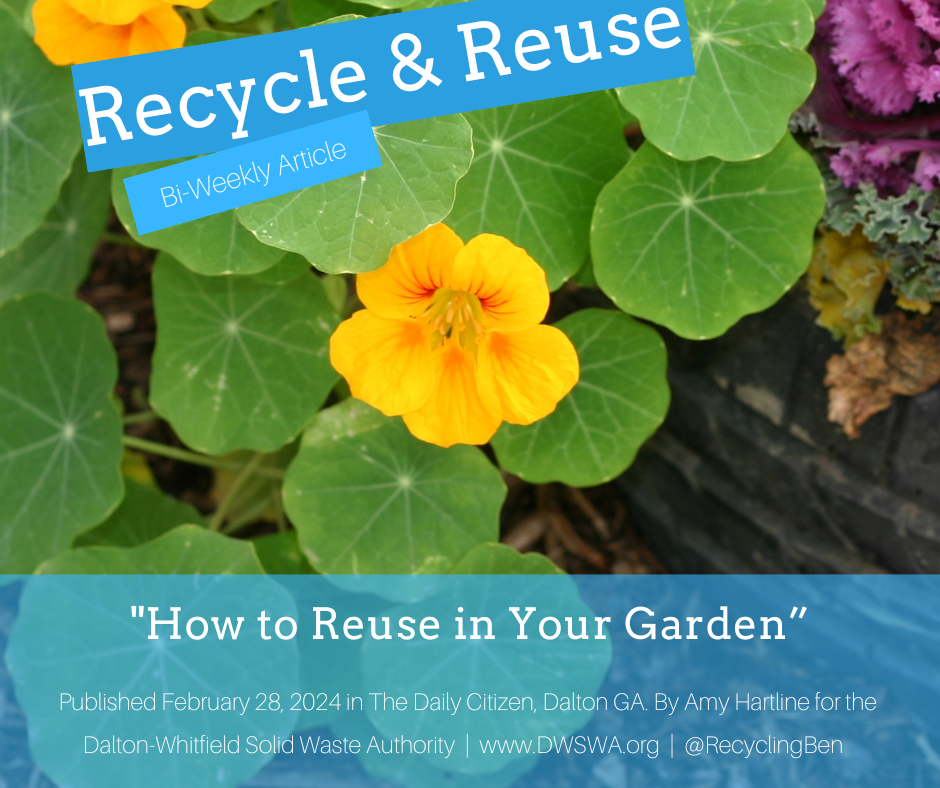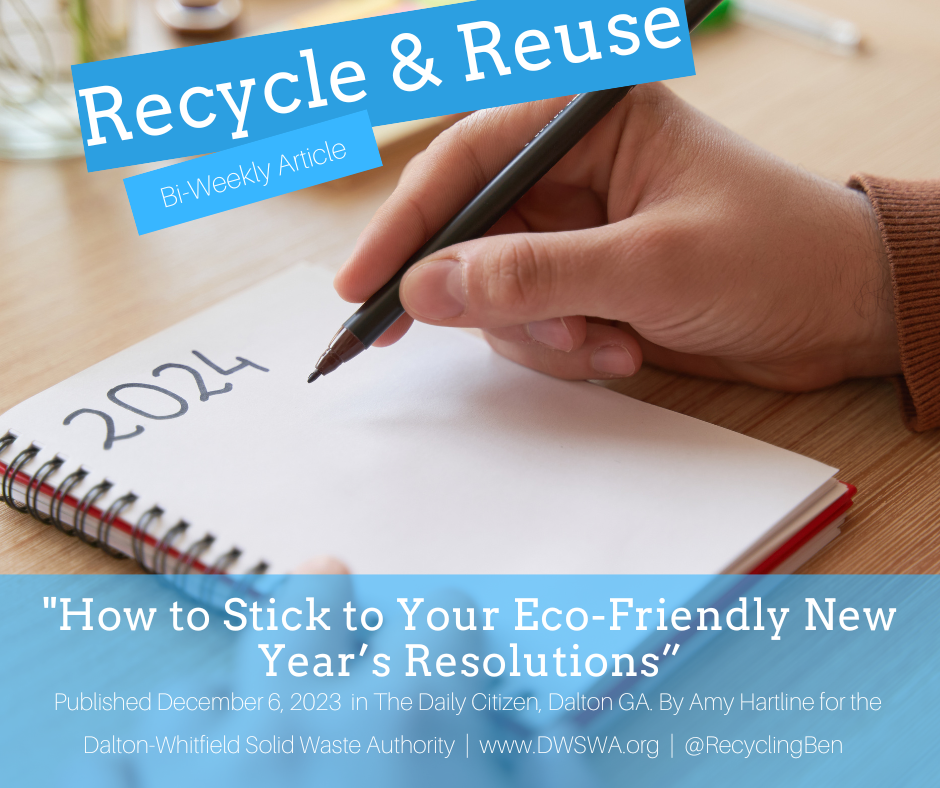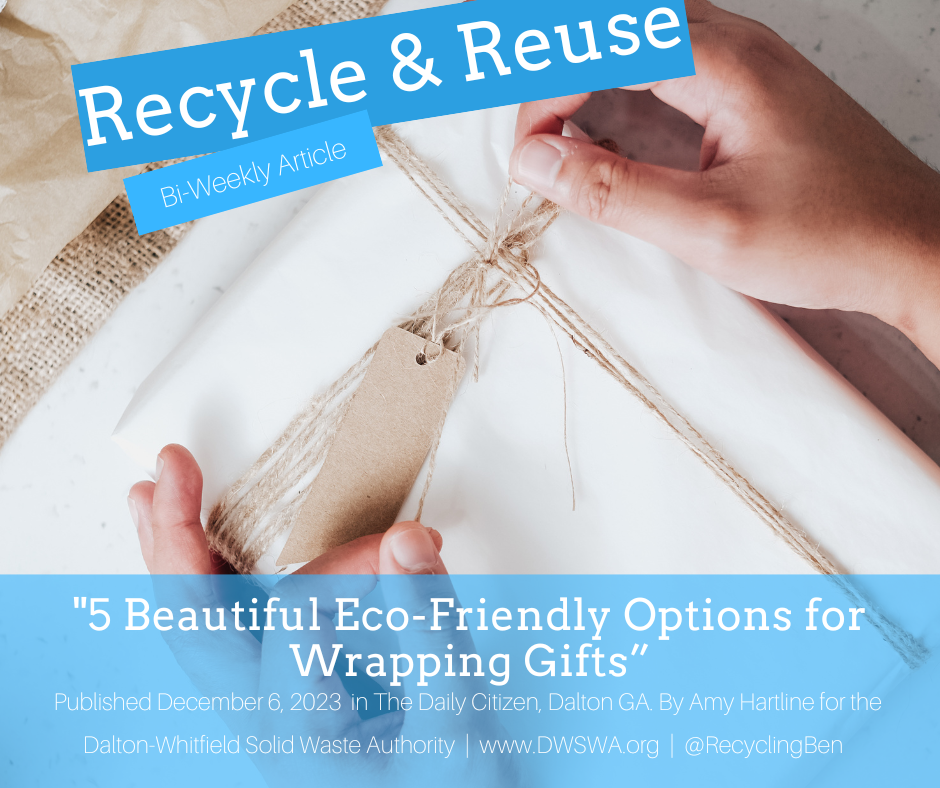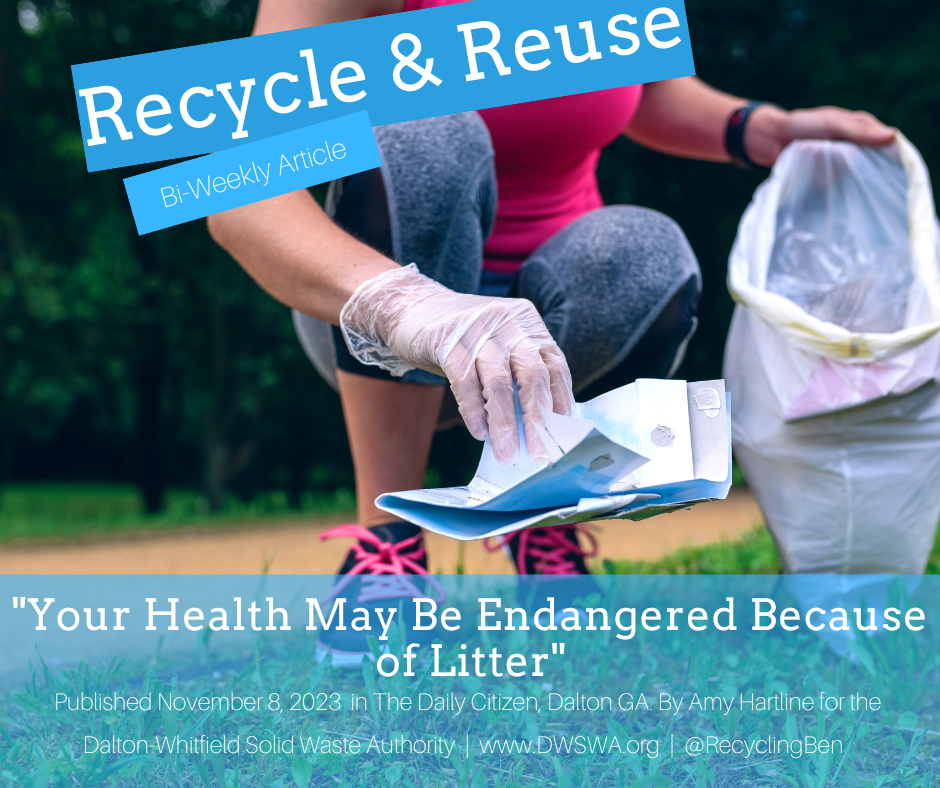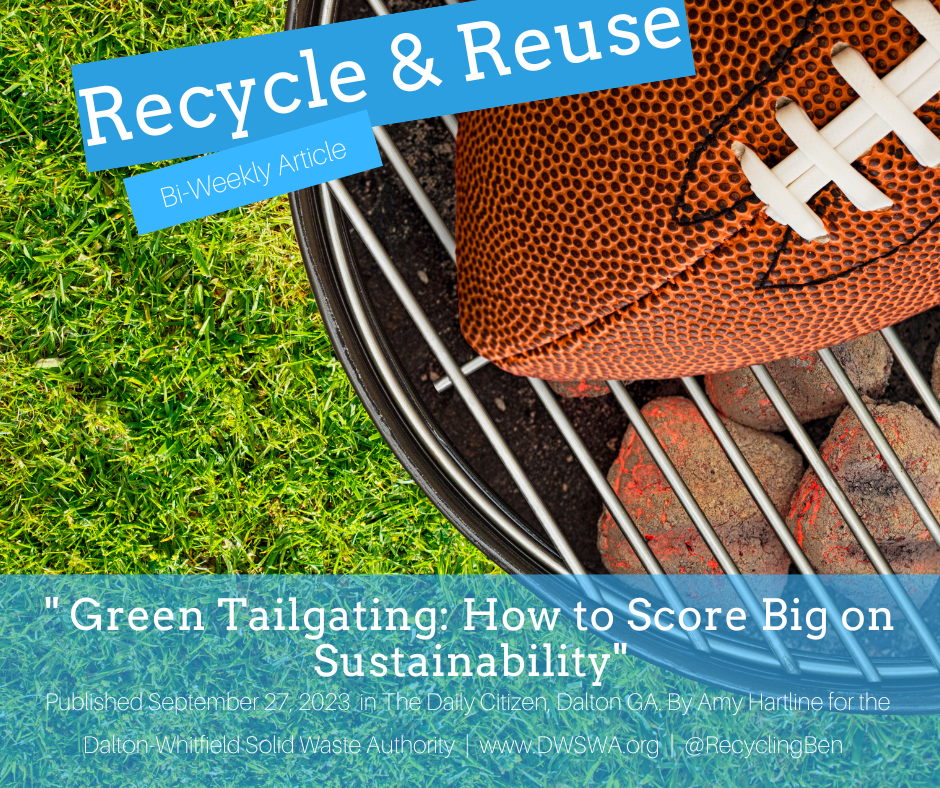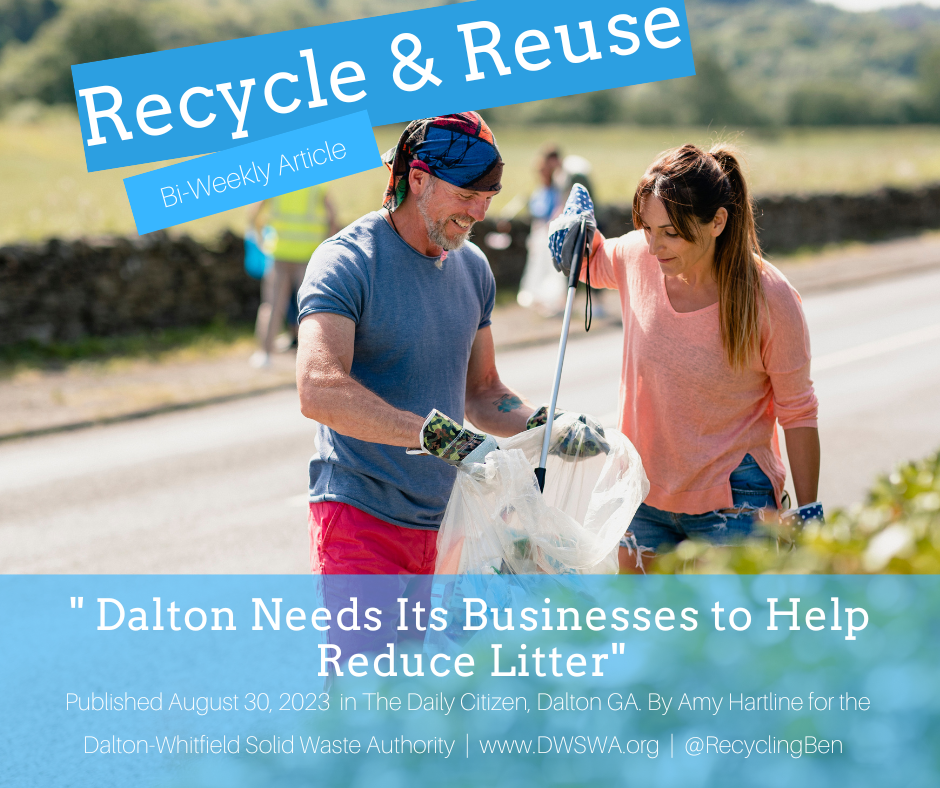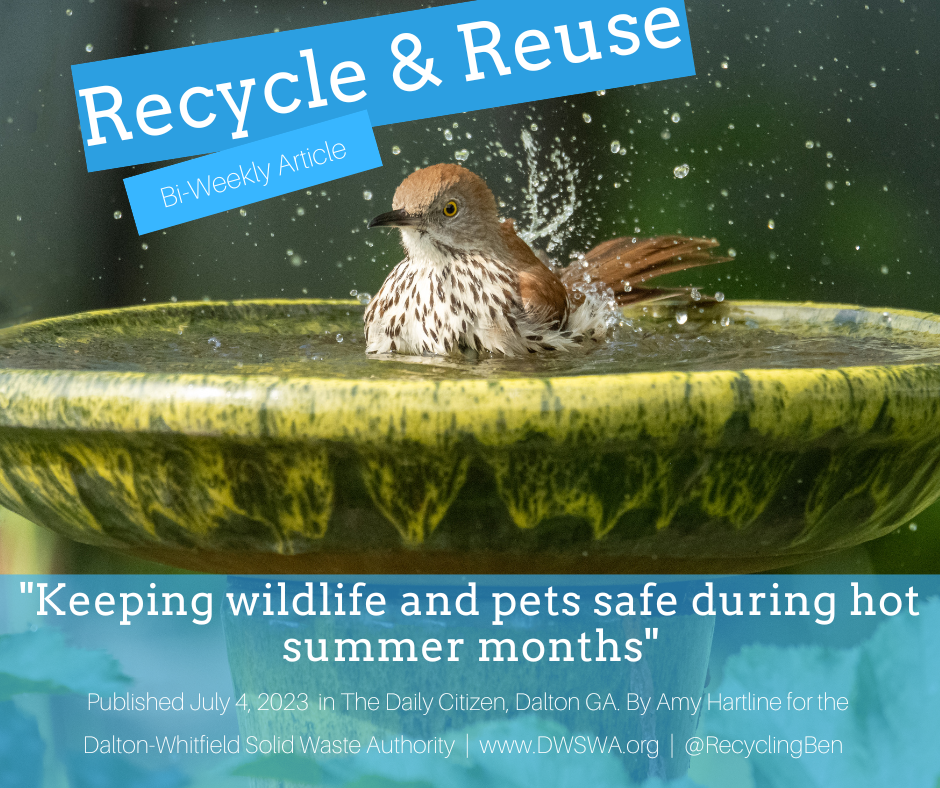Back to School Shopping That’s Easy on the Planet and Your Wallet
/Before rushing to the store to by all new supplies for school, take stock of what you have that wasn’t used last year or can be decorated to feel new to use this season instead.
Local stores are filled with parents frantically buying everything their child may need to go back to school. Preparing to go back to school can be so overwhelming and stressful that being environmentally friendly is probably the last thing on your mind. However, keeping the three R’s in mind while shopping will help you make mindful decisions that benefit your child, your planet, and maybe even your wallet. Here are some tips to guide you based on the well-known words, “Reduce, reuse and recycle.”
Take Inventory. Before you buy a whole set of new supplies, take some time to go through your home and do an inventory of the supplies you already have. You may find a box of crayons that is still usable and pages from old notebooks that could be removed and placed in a three-ring binder. Update an old pencil box by decorating it with photos or stickers.
Organize a swap. Get a group of friends and family together and have them bring in school supplies and clothing they don’t need. When everyone has arrived and the items have been laid out, have participants choose items that will be more useful. A teenager leaving behind their pencils could go home with a new set of pens for example. Any items left over could be donated to a local school or thrift store.
Make outfits with new and old clothes. Wearing a new outfit the first day of school is a serious tradition. But, there’s really no need to buy new clothes off the rack when there are so many thrift stores and consignment stores in our area with high-quality clothing available. Challenge yourself to buy new only if necessary and to be creative making outfits with used clothing.
Purchase recycled. While the majority of your school supplies are used and sourced from things you already have on hand, there’s inevitably the need to purchase something new. When shopping for new products look for those that have recycled content.
Buy FSC certified paper products. When a tree is cut down to make paper and other products three to four trees should be planted to replace it. Trees are renewable and sustainable resources when they’re grown in responsibly managed forests. When you buy notebook paper, and other paper products for school, look for the FSC logo from the Forest Stewardship Council who certifies paper products grown sustainably.
Purchase refills for products. There’s no need to purchase a bulk pack of pens when you can purchase just one. Pens that are refillable can reduce the amount of waste. Same goes for mechanical pencils, ink cartridges, and even small bottles of hand sanitizer. Instead of purchasing multiple small bottles of hand sanitizer you can buy a large container of sanitizer and use that to refill a smaller bottle.
Find out what can be recycled at school. Public schools in Whitfield County are recycling mixed paper with the Target Recycling at School program from the Dalton-Whitfield Solid Waste Authority. Ask your teacher to find out what you can recycle or request a Recycling 101 Presentation by calling the recycling center at 706-278-5001. Make sure your classroom has a paper recycling bin to collect worksheets, poster board, notebook paper, and even old books. Once you have everything organized for the year, you can recycle all of your old paper products at the school.
Whatever time of year you are shopping, it’s easy to put the three R’s into practice by asking yourself questions such as “How can I apply the three R’s to this purchase?” “Do I really need this product?” “Is there a reusable version of this product available?” “Is the packaging recyclable?” Teaching your child to ask these questions through back to school shopping can help them determine the difference between wants and needs and impart the importance of one person’s choices on the planet.


